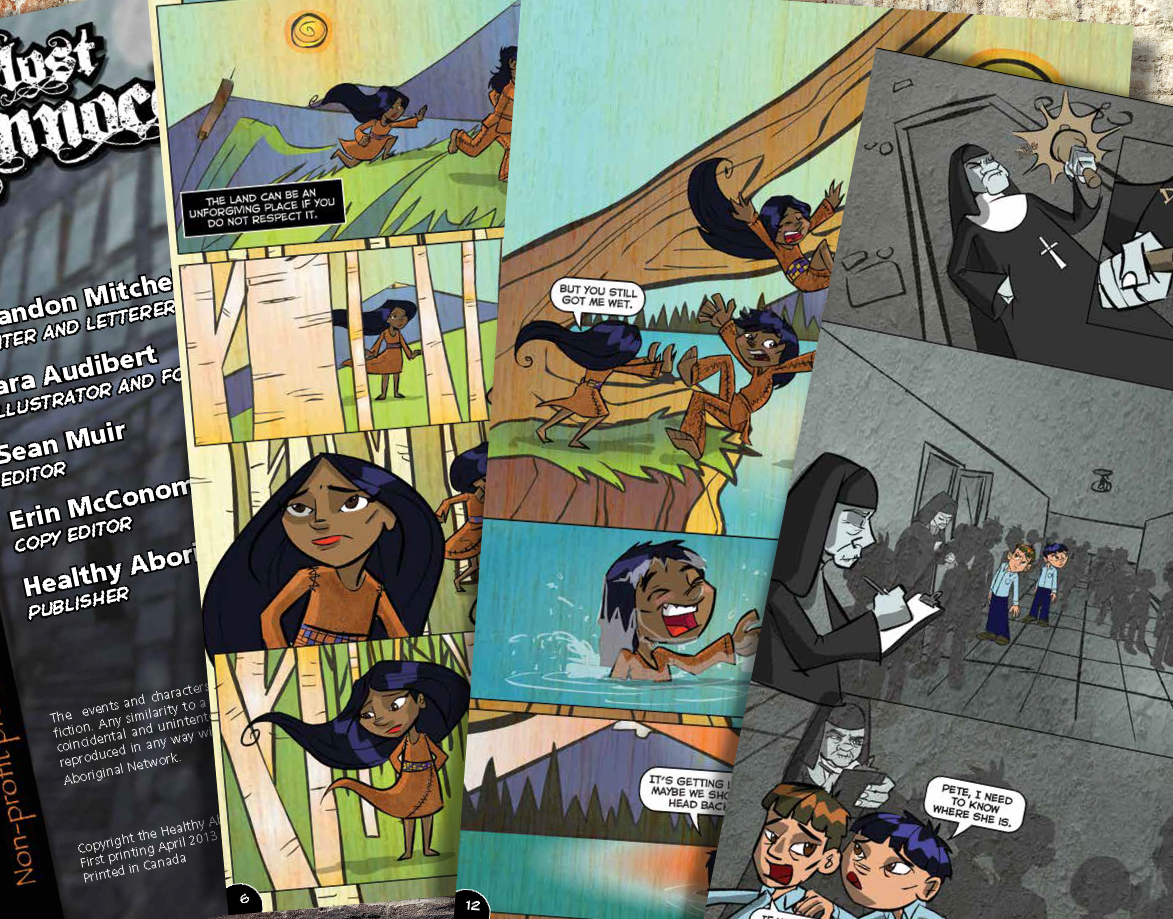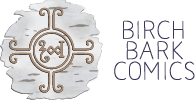Lost Innocence
Residential Schools
Lost Innocence is the story of Umqui and Maltaless, a brother and sister growing up on the land in a traditional Indigenous community. Their lives are suddenly turned upside down when they are separated from their family and brought to an Indian Residential School, where the harsh conditions and lack of love force them to make a momentous choice.
A fictional story (but based on documented real life experiences of survivors) of a brother and sister’s residential school experience in the 1930’s. It’s our longest book at 64 pages and has a truth and reconciliation theme.
This book comes with a Teacher Guide. The graphic novel and this accompanying guide can be taught to students aged 12 to 17. Teachers may adjust the content so that it is age-appropriate.
In preparing this text the authors were informed by The Big Six Historical Thinking Concepts (Seixas and Morton,Toronto: Nelson, 2012), designed to help teachers incorporate historical thinking into their classes. In brief, the concepts are:
- Establish historical significance
- Use primary source evidence
- Identify continuity and change
- Analyze cause and consequence
- Take historical perspectives, and
- Understand the ethical dimension of historical interpretations.
- Brandon Mitchell: Writer and Letterer
- Tara Audibert: Illustrator and Focus Group Animatic
- Sean Muir: Editor
- Erin McConomy: Copy Editor
- Healthy Aboriginal Network: Publisher


